Is hiking self care?
Is hiking really self care, or do you have to be listening to tranquil spa music and inhaling the scent of lavender oil for it to count?
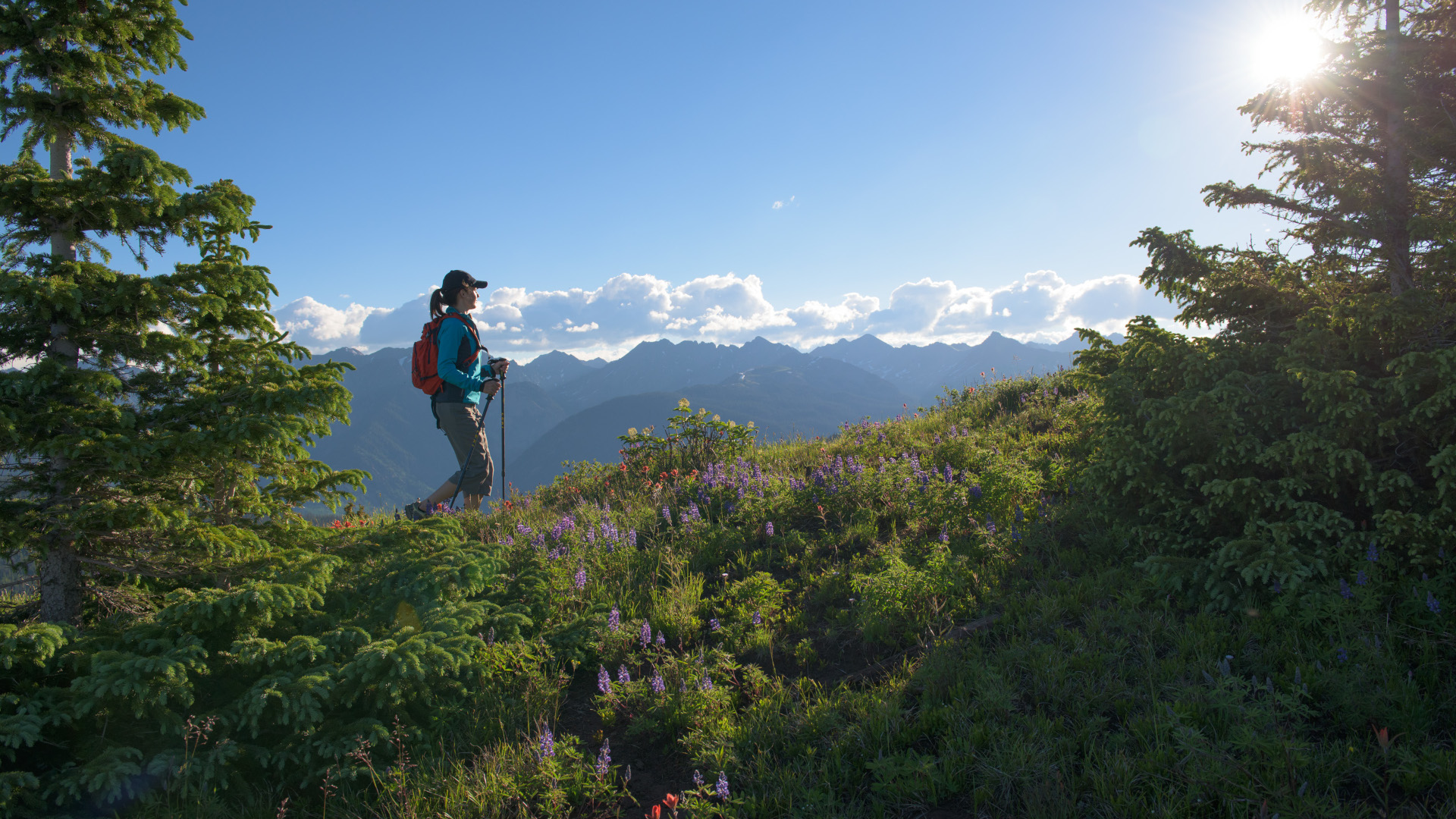
All the latest inspiration, tips and guides to help you plan your next Advnture!
You are now subscribed
Your newsletter sign-up was successful
Self care has become a popular buzzword in recent years, and given our fast-paced lives and technology-driven society, it’s no wonder that collectively, we’re feeling the need to pay more attention to our health. But while articles about self care are almost always accompanied by pictures of people soaking in a bubble bath with a face mask on, doing gentle yoga or drinking tea, many of us who live for the outdoors actually consider our hiking escapades as a form of self care.
If you get out in your hiking boots regularly, that time you spend exercising in nature away from other people might understandably feel like the perfect respite from a life that’s otherwise spent inside concrete boxes staring at screens and taking care of other people. But is hiking really self care if it also involves potentially vigorous exercise, or do you have to be listening to tranquil spa music and inhaling the scent of lavender oil for it to count? We decided to compare the official definitions with our own research on the benefits of hiking to find out.
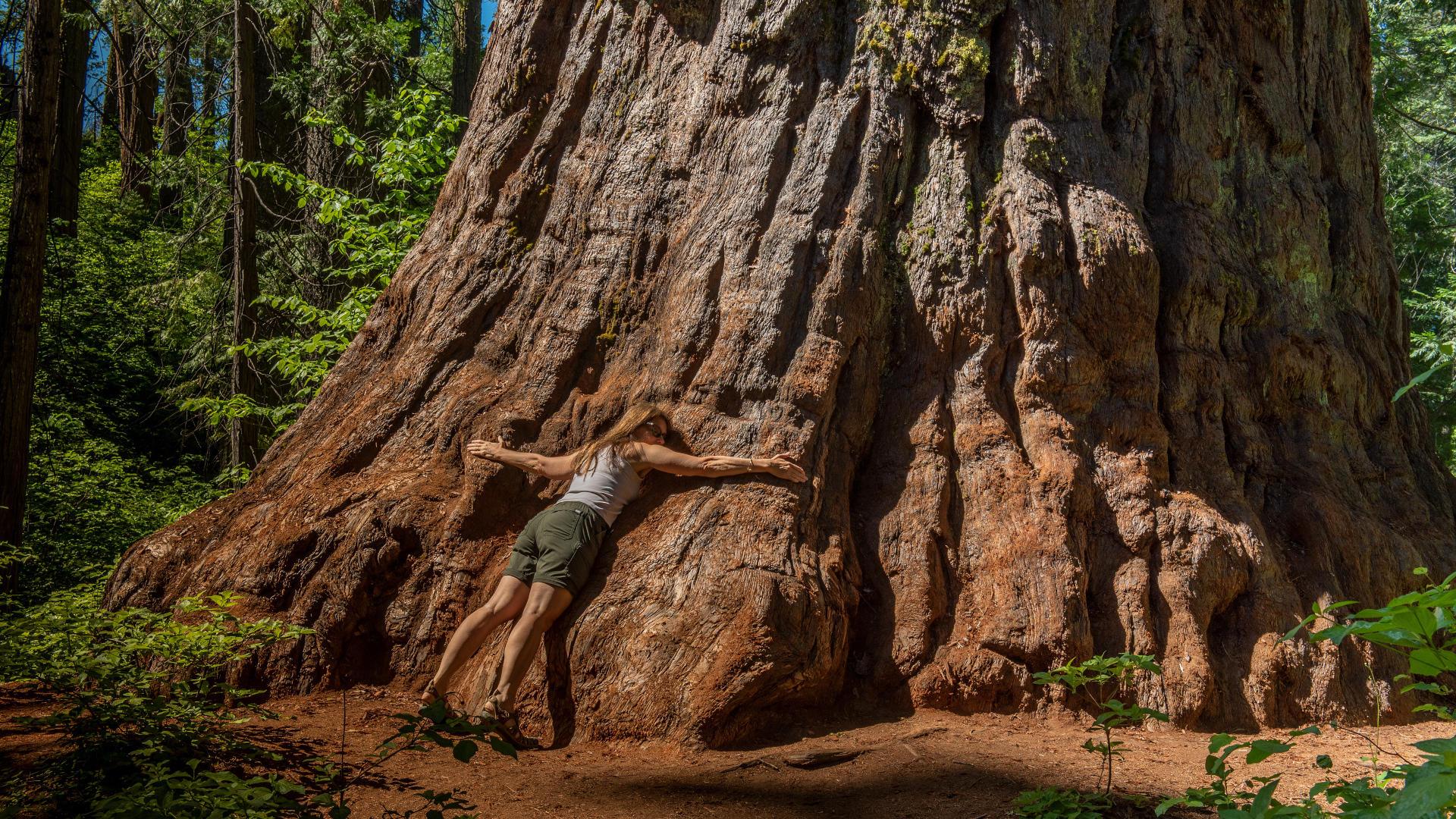
What is self care?
According to the World Health Organization, self care is “the ability of individuals, families and communities to promote their own health, prevent disease, maintain health, and to cope with illness and disability with or without the support of a health worker.” In this more medical and social sciences definition, specific practices or activities aren’t necessarily outlined, but the Royal College of Nursing has a few ideas to get you started, saying that self care “starts with an individual taking responsibility for making daily choices about their lifestyle, such as brushing their teeth, eating healthily or choosing to exercise.” Seems as though we’re getting closer, then.
A 2021 comprehensive review of self care literature published in the International Journal of Nursing Sciences defines the concept of self-care as “the ability to care for oneself through awareness, self-control, and self-reliance in order to achieve, maintain, or promote optimal health and well-being" which may be no less vague, but also seems to overlap with some of the characteristics we can reinforce on the hiking trail.
Looking at these broad definitions, it actually seems that self care is a lot more than just personal pampering (though that certainly counts) – it is as much about taking the reins over your own health and wellbeing as it is the activities that serve that goal. We think, therefore, that we can make a pretty good case here for hiking as self care.
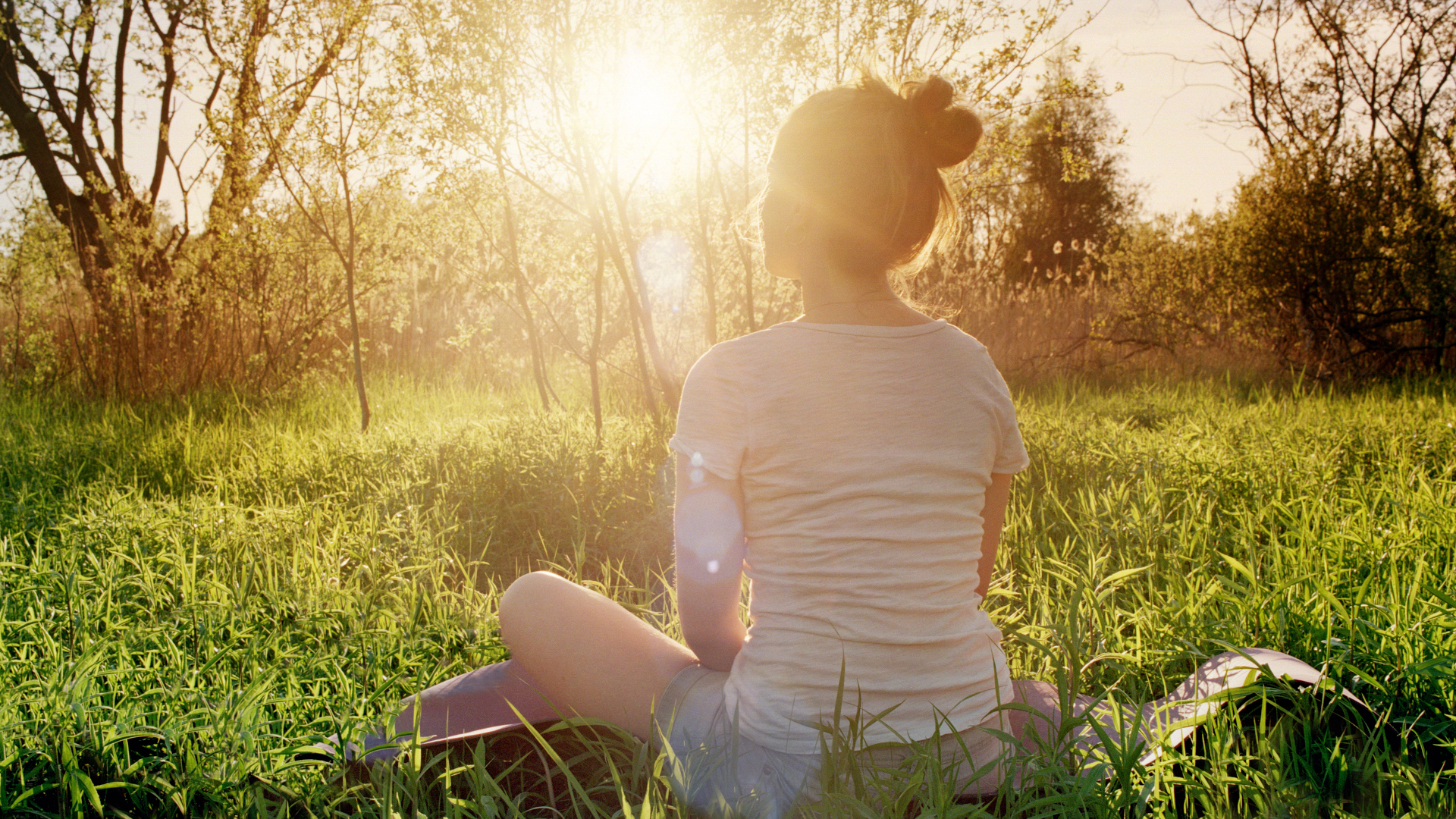
Is hiking self care?
Bubble baths, yoga and meditation can all be very relaxing for your nervous system. Relaxation is the antidote to stress, which correlates to the six leading causes of death, so they definitely count as self care and you’ll get no arguments from us there. But now that we’ve looked at some official definitions of health care, we think there are also some great arguments around hiking as a form of self care.
Starting with the most obvious characteristic of hiking, it’s a form of good exercise that will improve your overall fitness, muscular strength and cardiovascular health, all aiding in the prevention of disease. Not all forms of exercise are created equally, of course, but because hiking is a low impact form of exercise, it’s also good for weight loss and kind on your joints.
All the latest inspiration, tips and guides to help you plan your next Advnture!
Then there’s the type of exercise that hiking embodies. The slower-pace of hiking can make it more meditative for many of us than a high impact activity like interval training, and there’s even a lot of anecdotal evidence that walking helps us think. This aligns well with the self care goals of improving awareness and self-control.
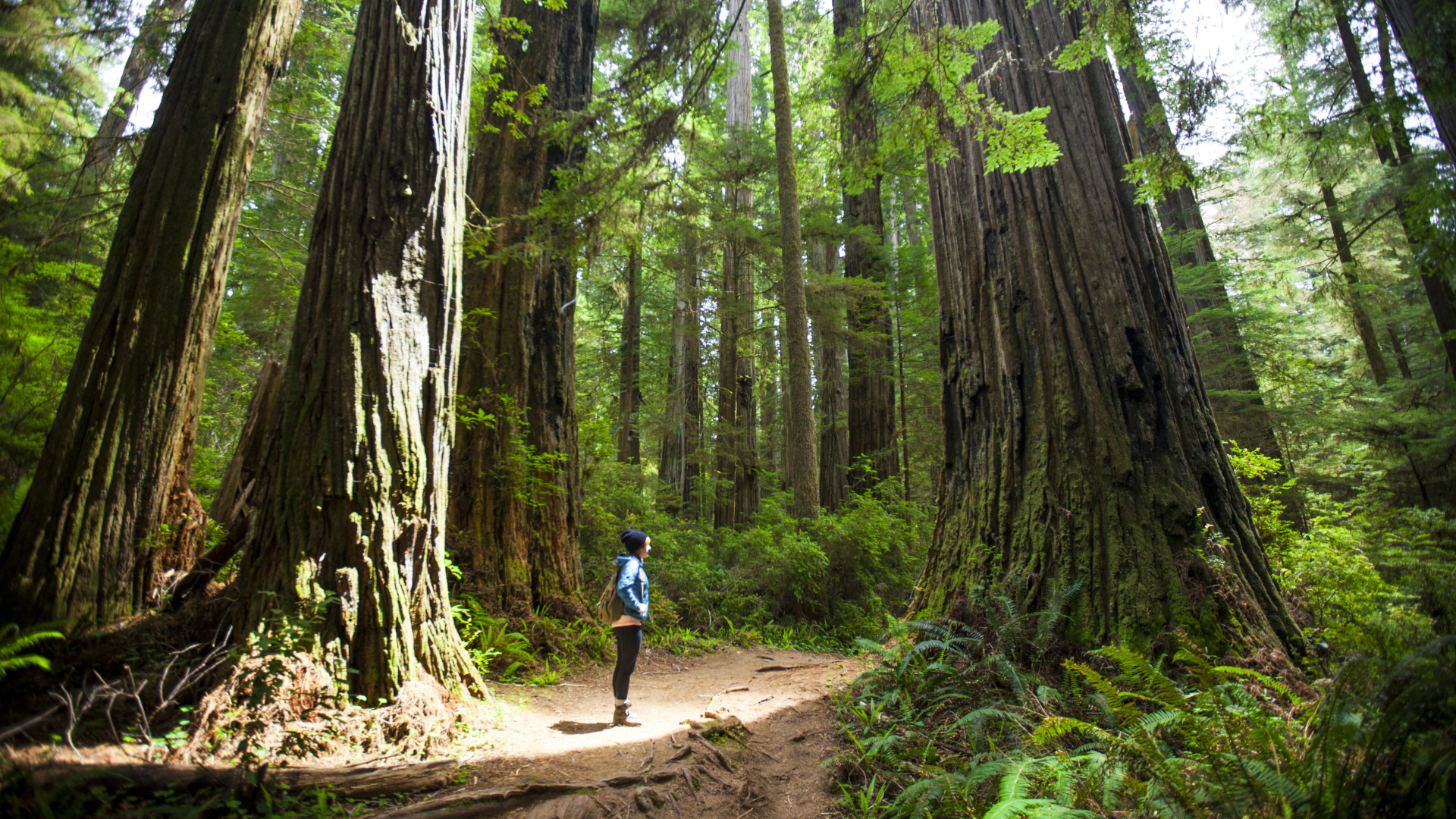
Next, you’ve got all those problem-solving skills that hiking helps you cultivate. Since one definition of self care also included increased self-reliance, we thought that some of the important hiking skills such as navigation, planning and wildlife safety can support you in taking more responsibility over your actions and wellbeing.
Even though none of the definitions of self care explicitly mention spending time in nature, by now it’s well researched that doing so is crucial for human health, and hiking’s status as a form of green exercise then carries extra benefits for your mental and emotional health as well as physical. Further, we’ve even found studies that suggest hiking can improve your relationships, even if you don’t actually go hiking with friends or with your partner, because it improves your self-esteem and empathy, which ties in with the WHO’s definition of self-care as being important for communities and families as well as individuals.
So yes, if self care includes practices that help you improve and maintain your overall health and wellbeing, we think hiking definitely counts as one of the modalities. In fact, doctors across the world are already prescribing walking and hiking for health – if only those prescriptions covered a free pair of hiking boots!
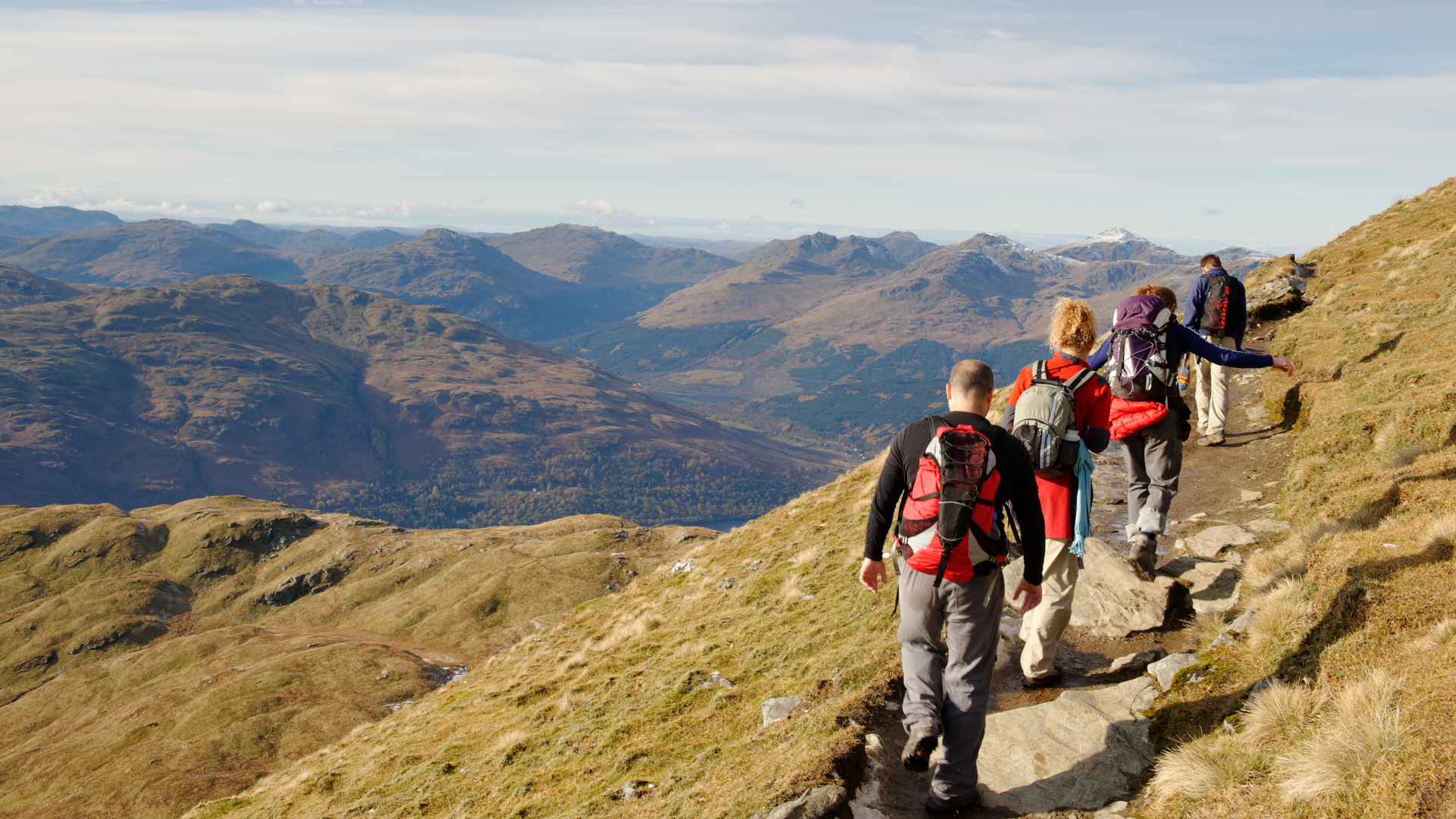
When is hiking not self care?
Perhaps the only time that hiking is not self care, according to our official definitions anyway, is when it's actually detrimental to your health. The odd blister definitely doesn’t negate the benefits of hiking, but you could certainly hike to the point of depletion, which you might do on a thru-hike or if your backpack is too heavy, fall foul to a more serious hiking injury like a joint sprain or venture out in dangerous conditions and get hypothermia, which could not only set you back in your physical training but even risk your life altogether.
You might remember that one goal of self care is to improve self-restraint, so if hiking for you is more of a balls-out, teeth gnashing race to the top of every peak you encounter than it is nonchalant amble through the woods, it might be shifting out of the realm of self-care. However, if you’re able to slow down your hiking pace a bit, enjoy the views and take a less competitive approach, you can definitely keep enjoying your favorite activity as an act of self care.
Consider combining it with other more relaxing activities to enhance its benefits:
And of course, make sure to enjoy proper recovery for your muscles, joints and cardiovascular system too. A nice hot bubble bath with lavender oil and tranquil spa music, anyone?
Julia Clarke is a staff writer for Advnture.com and the author of the book Restorative Yoga for Beginners. She loves to explore mountains on foot, bike, skis and belay and then recover on the the yoga mat. Julia graduated with a degree in journalism in 2004 and spent eight years working as a radio presenter in Kansas City, Vermont, Boston and New York City before discovering the joys of the Rocky Mountains. She then detoured west to Colorado and enjoyed 11 years teaching yoga in Vail before returning to her hometown of Glasgow, Scotland in 2020 to focus on family and writing.

